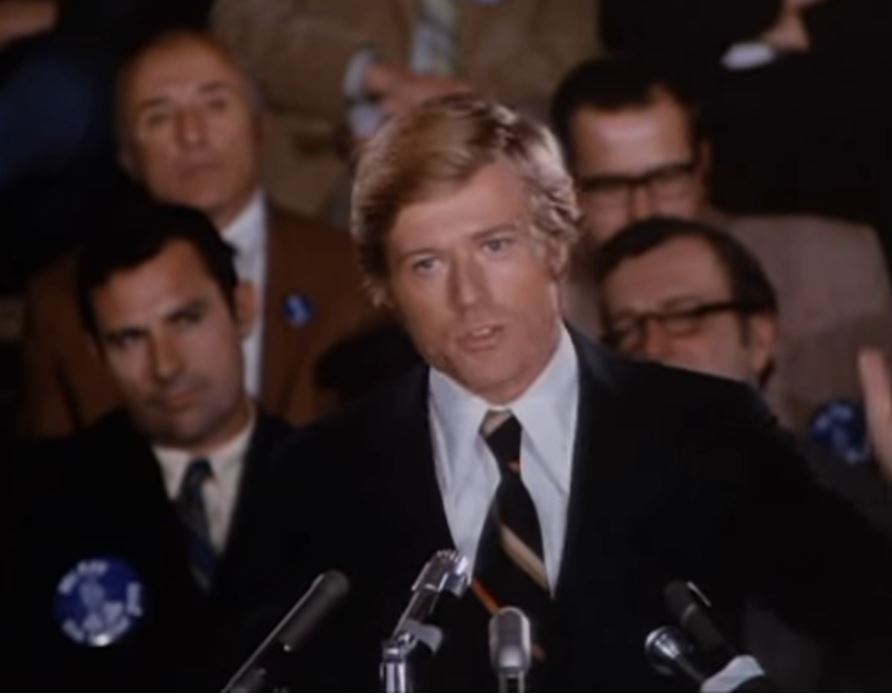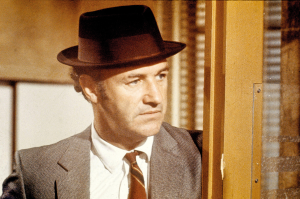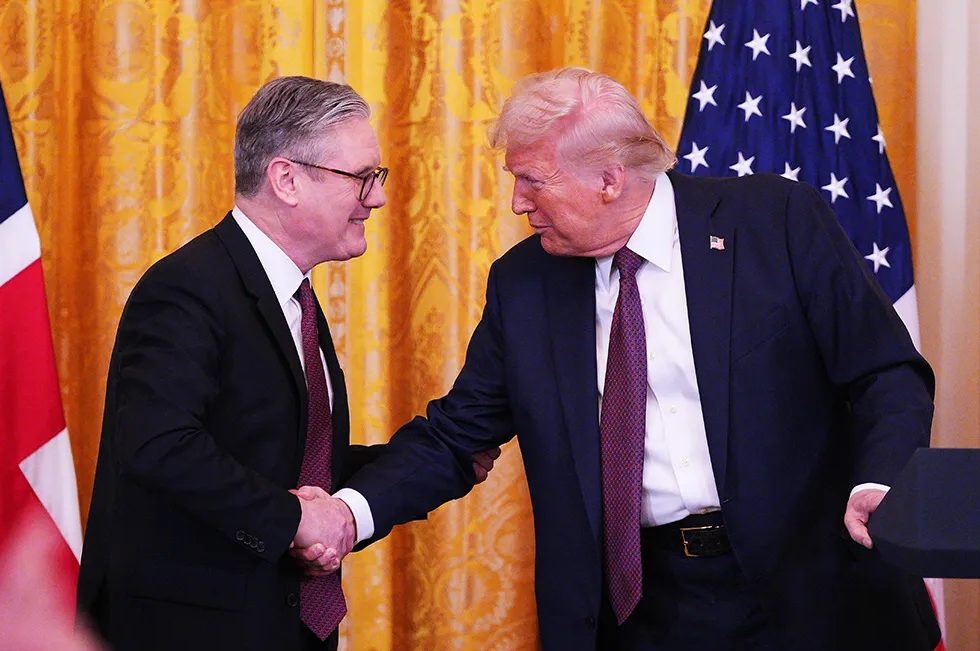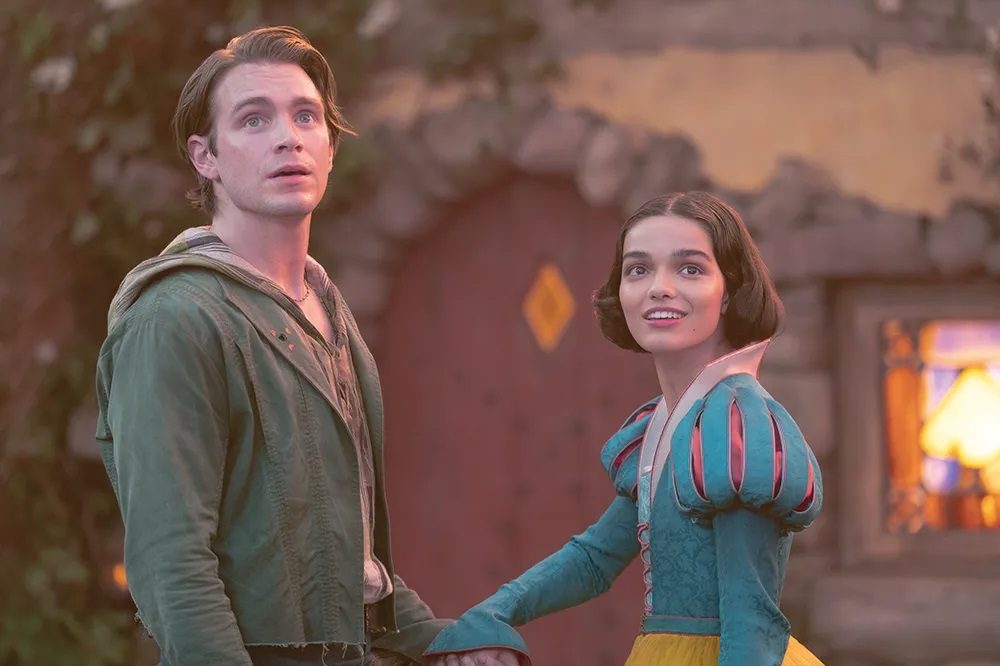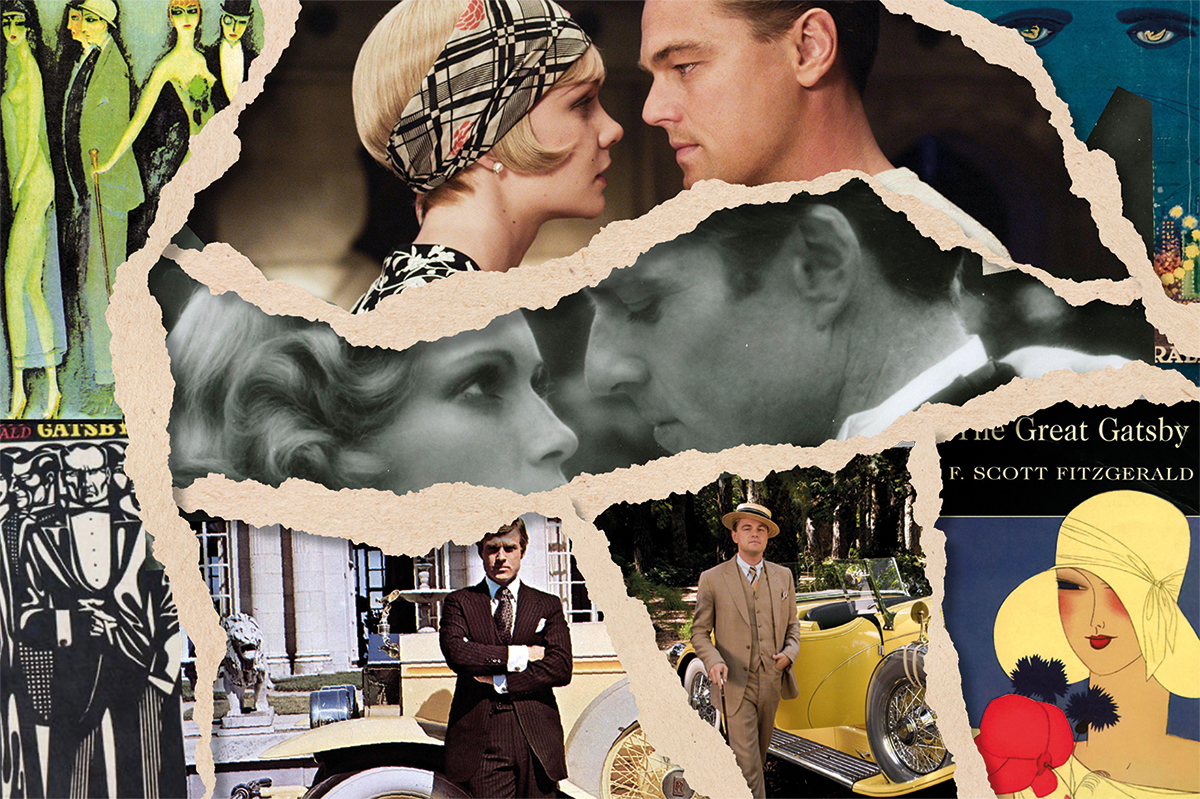As the midterm elections loom, there is the usual excitable commentary about what it all means. Every voter will have their own heroes and villains, the dashing white knight and the looming bogeyman. The complexities of the wider sociopolitical issues at hand will be subsumed to simple questions: will the results encourage Trump to run in 2024? Is this curtains for Kamala’s presidential ambitions?
These are, of course, over-simplifications of difficult and nuanced issues. This is why the movies have inevitably dealt better with the drama (and farce) of fictitious — or at least fictionally disguised — election campaigns. Some are renowned classics, others are underrated and underseen, but the surprising majority are intelligent and thoughtful films that would certainly get our vote.
There are a variety of different approaches that tend to make for engaging films. The first, as seen in such pictures as the Robert Redford drama The Candidate, is the storyline of an earnest and principled, if naïve, character who is propelled into political office through the machinations of considerably more experienced and cynical operatives. Variants on this can be seen in the Kevin Kline identity-switch comedy Dave and the Tim Robbins satire Bob Roberts — in which a deeply conservative folk singer lands in political office after his songs strike a chord with the nation. These films offer a jaded look at how people might be manipulated into acting against their principles for the sake of power. Again, the unlikelihood of such things happening clearly means they can be viewed simply as fantasy.
Yet there are other kinds of pictures, too. Another type that has fallen out of fashion in recent years, for obvious reasons, is the heartwarming film that portrays politics as a forum for decent people to engage in informed debate. In these films, some characters may be more honorable than others, but ultimately chicanery and double-dealing are subsumed to the greatness of the American spirit. This can be seen in everything from Mr. Smith Goes to Washington — the Frank Capra/James Stewart fantasia of American political integrity at its most heartfelt — to more recent Clinton-era pictures like Primary Colors and The American President.
Instead, we are cynical beyond belief. Amusingly, although Obama is usually cited as the great hope of liberal democracy, the kind of films that were made during his presidency tend to posit that those who want to excel in this field are self-obsessed, venal and superficial. See the George Clooney and Ryan Gosling drama The Ides of March, the entertainingly idiotic Nicolas Cage vehicle The Runner, and the raucous Will Ferrell comedy The Campaign, all of which present elections, and those who would participate in them, as a few dimpled chads short of a ballot paper.
It’s no wonder, then, that some of the best films about electioneering ditch any attempt at seriousness and instead lean into the essential absurdity. I’ve always had a soft spot for the Kevin Costner satire Swing Vote, in which a deadbeat single father is aggressively wooed by Democrats and Republicans alike. And perhaps the greatest modern film about campaigns, Alexander Payne’s Election, has nothing to do with national politics at all, instead revolving around the shenanigans of a high school election among a student body. Not only did the film give us one of Matthew Broderick’s great sad-sack performances as Jim McAllister, the superficially likable but ultimately useless teacher, it launched Reese Witherspoon’s career with her brilliantly chilling performance as the Machiavellian Tracy Flick, an overachiever whose ambitions are as unfettered as her ego.
Election was made in 1999, when Tracy would presumably have been around seventeen. It seems all too possible that, twenty-three years later, the now forty-year-old Tracy Flick would be a ubiquitous presence in our media, advancing an AOC-esque progressive agenda with fury and passion. There would undoubtedly be exposés — a string of embarrassing incidents as a younger woman — and they would be brushed off with the contempt they deserved.
As we gear up for the next round of nail-biting, popcorn-munching results, moves offer a reminder that whatever absurdity awaits us on the other side was probably anticipated decades ago by some especially cynical screenwriter. Reality, alas, will always struggle to improve on it.



